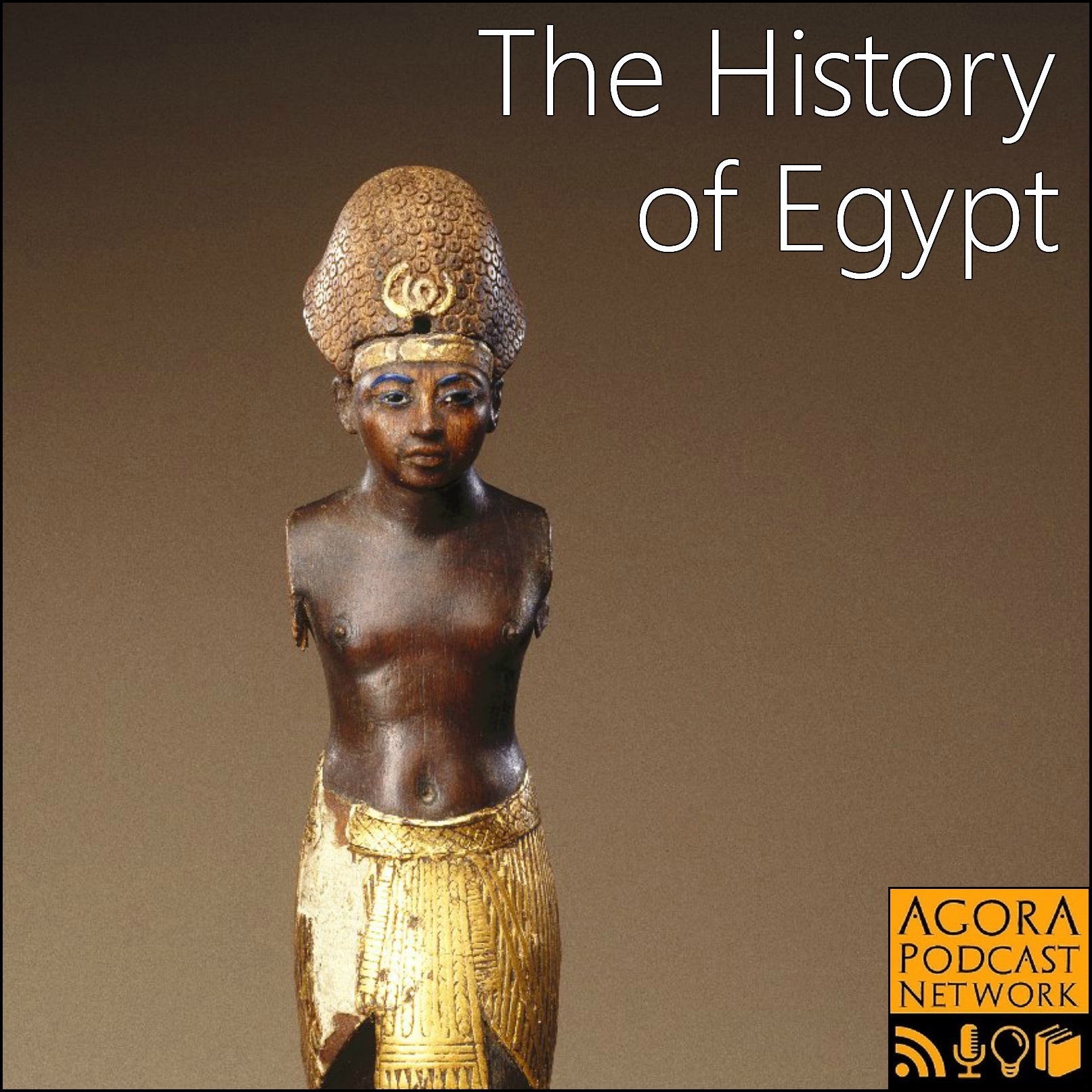Bibliography
The Sudan Antiquities Service French Archaeological Unit website
The Sudan Archaeological Research Society website
Charles Bonnet, “Upper Nubia from 3000 to 1000 BC,” in W.V. Davies (editor), Egypt and Africa: Nubia from Prehistory to Islam, 1991.
P.L. Shinnie, “Trade Routes of the Ancient Sudan 3,000 BC – AD 350,” in W.V. Davies (editor), Egypt and Africa: Nubia from Prehistory to Islam, 1991.
Arielle P. Kozloff, Amenhotep III: Egypt’s Radiant Pharaoh, 2012.
Stuart Tyson Smith, Wretched Kush: Ethnic Identities and Boundaries in Egypt’s Nubian Empire, 2003.
Lazlo Török, Between Two Worlds: The Frontier Region between Ancient Nubia and Egypt 3700 BC – 500 AD, 2008.




You can actually make a .kml file for people to download and open in google earth. It would be better than screenshot, I’d love it.
Thanks David, I did not know I could do that. I will learn the process and start doing it for all future maps!
Another wonderful episode, thank you. May I ask why the Munian being brained looks like a frog? Seriously.
Accident of depiction. It’s actually two Nubians together, being grasped by the hair.
Thank you. I couldn’t see past a frog. Silly me.
I meant Nubian, sorry. I’m having issues with the comment box and my phone.
Nice Star Trek reference. 🙂
Pingback: Episode 94: The Pools of Horus — The History of Egypt Podcast – The Blog of King-Galaxius
Interesting episode!
Regarding the return of the Egyptians up the nile from Irem, would Irem have possessed big enough boats for the empires uses? That seems strange for such a decentralised region to have the large ships that you would use to carry thousands of men.
The journey to Irem puzzles me, like, did the Egyptians bring the resources with them to trade with the locals across the desert from their ships?
Or are we talking more, looting Irem, in this scenario, because if they did bring the resources with them, the kings decision after the battle to continue on south can’t have been much of a surprise.
Honestly this whole expedition has puzzled me, like, surely the tribe he defeated last episode didn’t have that much wealth? What made this expedition so bountiful? Did he stop somewhere else to acquire gold?
I’m not so keen on the way you frame the people of Irem in this episode ‘they’re not savages, they have agriculture etc. etc.’
Like, even if they didn’t have agriculture or organised governance, that wouldn’t make them savages, hunter gatherers are no more worthy of scorn than any other settlement structure no?
Anyhow aside from that an enjoyable episode! Nice to learn about these ‘pools’ which I had never heard of before!